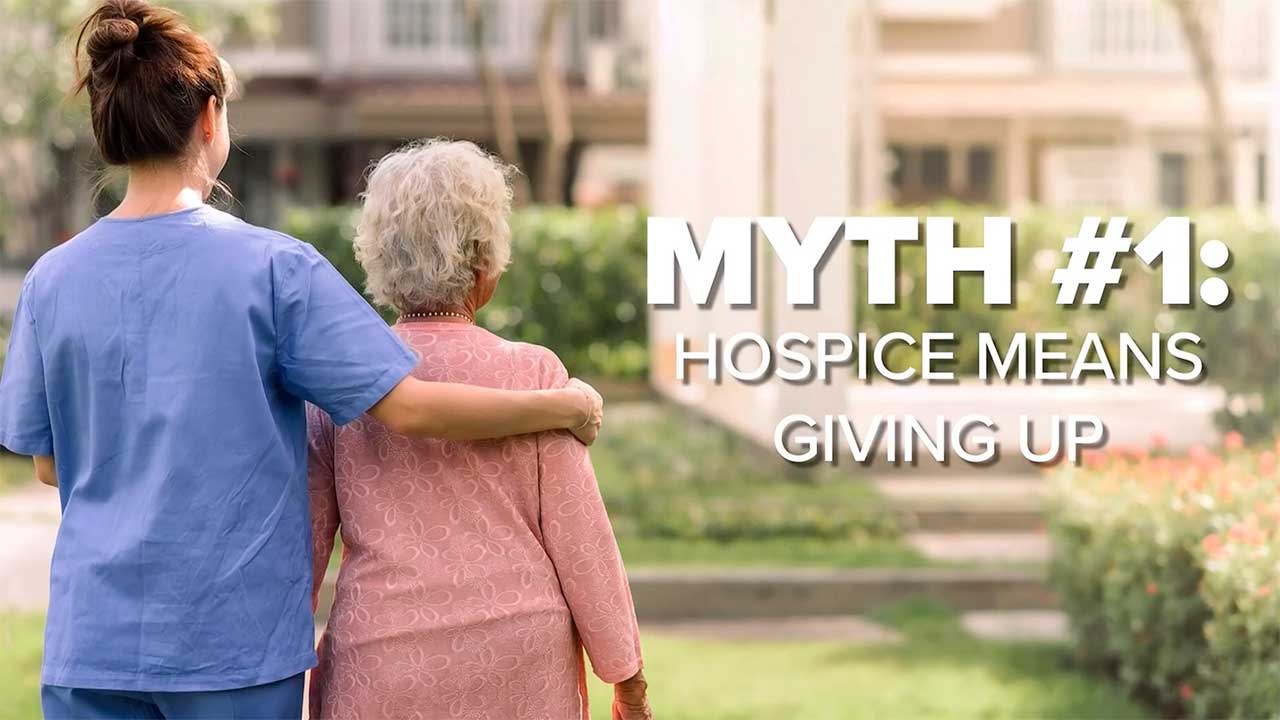Discussing end-of-life matters can be a challenging task, but it is an inevitable part of life. Hospice care aims to provide comfort, dignity, and pain management to individuals with chronic or terminal illnesses, enabling them to live their remaining days to the fullest. This service benefits both the patient and their loved ones.
However, misconceptions about hospice care still abound. To debunk these myths, Eric Williams from Capstone Hospice sat down with Christie Diaz from 11Alive to shed light on this critical aspect of healthcare.
You can read the entire article on 11Alive’s website or watch the video below.
Video Transcription
Aisha: We’re bringing you context and perspective when it comes to Hospice care. Christie Diaz joining us in studio to separate fact from fiction. Good morning, Christie.
Christie: Good morning, Aisha. I spoke to a transitions coach and the COO of Capstone Hospice who says much of their job is teaching people what Hospice is and more importantly, what it’s not. According to them, here are three of the biggest myths about Hospice care.
Myth #1 Hospice means giving up.
It’s not giving up in the sense that we still treat. If a patient is having a symptom of some kind that’s causing them to be uncomfortable, we’re going to treat that. It’s just changing it from just strictly being focused on cure to let’s focus on quality — How do we make you comfortable so you can enjoy the time that you have remaining?
Myth #2 Hospice means you have to leave your home.
A lot of people will want to die at home. They don’t want to be in a hospital or nursing home. And Hospice is an amazing support for in home care. Sometimes, they need medical equipment that will help them stay in the home longer. We can provide that. We provide medications and medical supplies and various things to help support them in the home. That just adds to them being able to enjoy life and to balance it and be together.
Myth #3 Hospice speeds up death.
It’s quite an interesting and ironic thing how often people will live longer, because of these supports. It’s fascinating because the care can go on anywhere… I’ve seen people on Hospice care anywhere from upwards of two years, all the way into just a couple of days or a couple of weeks. NHPCO (National Hospice and Palliative Care Organization) actually did a study — it was published in 2007 — where they found with certain disease processes that a patient with Hospice actually lived 29 days longer than without Hospice.
Christie: Now, another thing many people don’t know, Hospice is completely covered by Medicare. So if you think this could help your family, ask your doctor about it. I go through several more myths about Hospice care in this story on our website, www.11alive.com.

